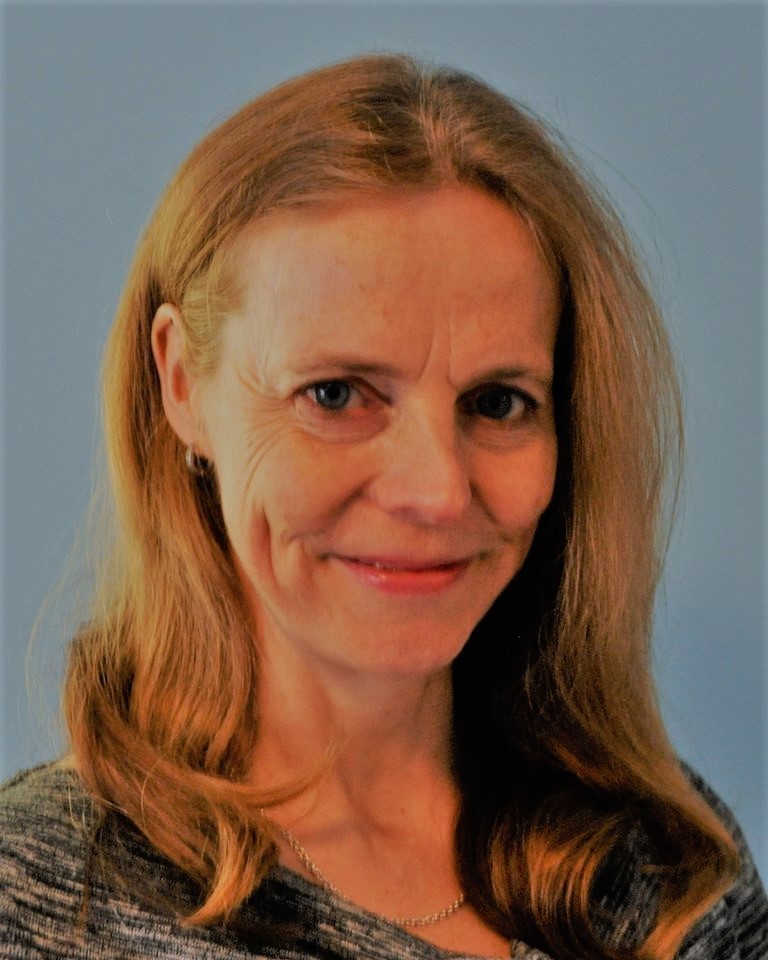By Juliane Saary-Littman
Public: Of or concerning the people as a whole.
Health: The state of being free from illness or injury.
Democracy is great. Every resident can make their voice heard and raise concerns about any issue. All we have to do is call or email our elected officials. And if there are enough voices, elected officials will listen. It is a good way to get involved and much more effective than complaining to friends and family.
As much as I love how receptive our local elected officials are to input from their constituency, I don’t believe that the approach for dealing with that input is always effective.
Here is an example to illustrate my point. When complaints about the negative impacts of gas leaf blowers became noticeable, the town established a committee of stakeholders to advise on landscaping issues, specifically the removal of leaves from properties.
As I had been present at a couple of town board meetings where the issue had been raised, I was invited to join.
Before I go on I would like to mention how much I appreciate the time and effort town employees have invested in organizing the committee, listening to every concern, and compiling a legislative proposal.
In general, a committee is a good way to assess an issue so that a solution can be found. Every committee member has the chance to provide an individual viewpoint on the issue and defend their interests.
It’s a democratic process, with the caveat that none of the committee members have been elected to represent the wider public.
That’s exactly where I see the problem. Committee members join a committee because they have something at stake, something to promote or to protect, and they care about how any outcome will affect them. Therefore stakeholders’ motivation needs to be taken into account during committee discussions.
We recently had the third meeting of the group which was organized in two sessions: The first session included committee members from the landscaper community. The second session, held later that day, was attended by committee members from all other groups concerned with the issue, including residents, parents, and environmentalists. Committee members were asked to provide feedback on proposed legislation to restrict the use of gas leaf blowers in residential areas.
During the second session, which was the one that I attended, we learned that the landscaping community was happy with the town’s proposed legislation to monitor unlicensed landscapers in our community. Unlicensed landscapers often come after hours and on weekends with unmarked trucks and outdated, polluting equipment and destroy fair market prices; so this proposal was a good outcome for all sides involved.
Committee members representing the landscaping community didn’t like the provision to limit gas leaf blower use during the summer months and requested to push the date by which the legislation would go into effect by almost a year.
I applaud the town’s attempt to listen to all stakeholders involved, but I do have to question their approach of trying to make all stakeholders happy. Making everybody happy doesn’t lead to real change.
A politician’s responsibility is to act in the public interest and I argue, just like our mothers and grandmothers did, that health is the most important public interest. A healthy population is more productive (fewer sick days), efficient, creative, and naturally happier. It’s easy to understand that the happiness index goes way up if you don’t have to care for a sick family member or feel lousy yourself.
Paying more attention to public health by, for example, focusing on better air quality, will reduce the number of missed school days for children with asthma (one out of seven kids has to live with asthma) and therefore the number of workdays parents of those children miss while caring for their sick child. Have you ever added up the healthcare costs and missed earnings? A real loss for the economy which we as a community pay for through increased health insurance premiums and lost income.
So why is it that public health doesn’t get more weight in those committee meetings?
The Town of North Hempstead board will vote on the proposed legislation at their next meeting, Jan. 29 at 7 p.m.
Once passed, the legislation is just a first step. It will be evaluated and adjusted if necessary. Call today to make your voice heard. I don’t do it often enough and I bet that’s true for you as well.
The proposed legislation as well as the meeting agenda will be posted here: https://www.northhempsteadny.gov/2019-Agendas-Minutes



